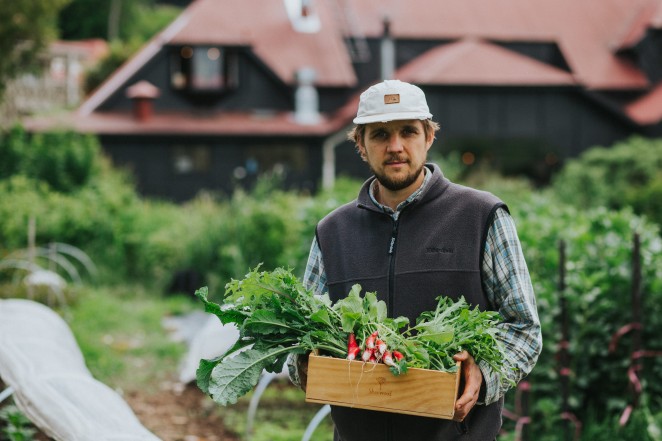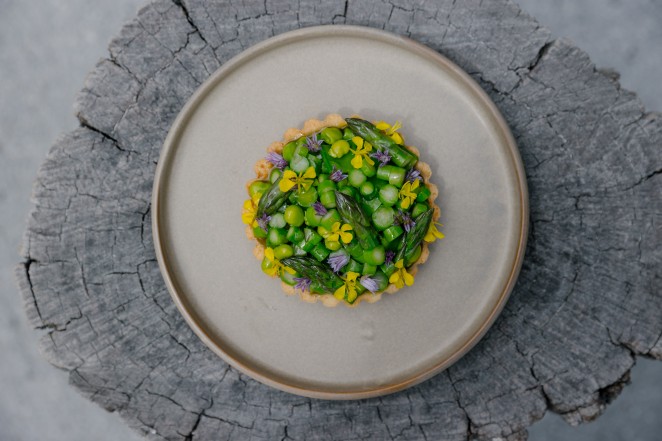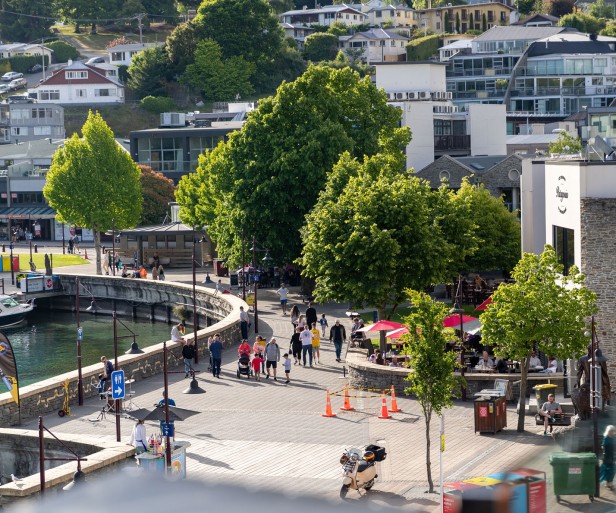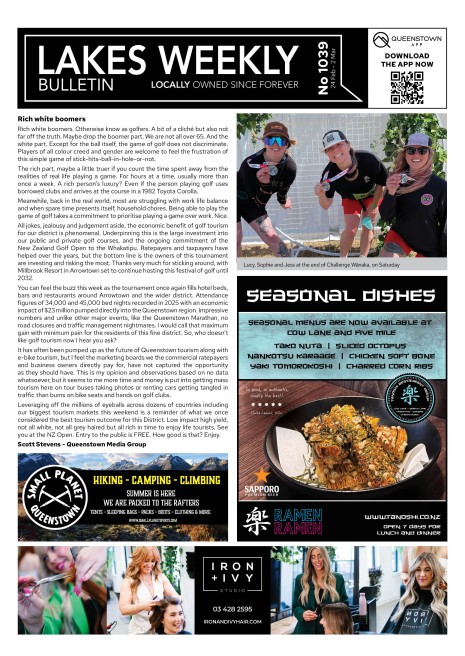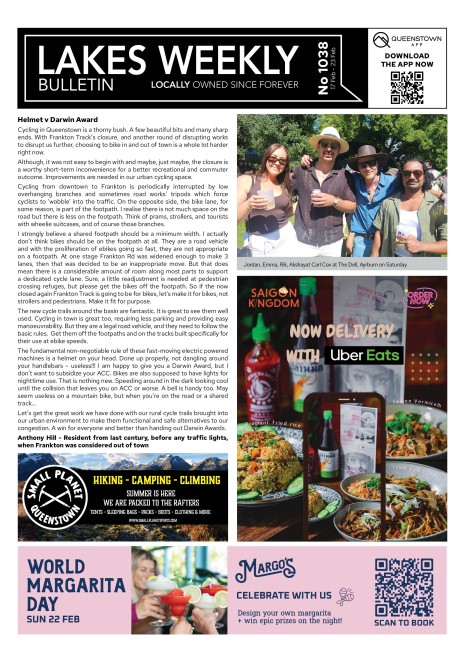Garden gate to plate – The Sherwood
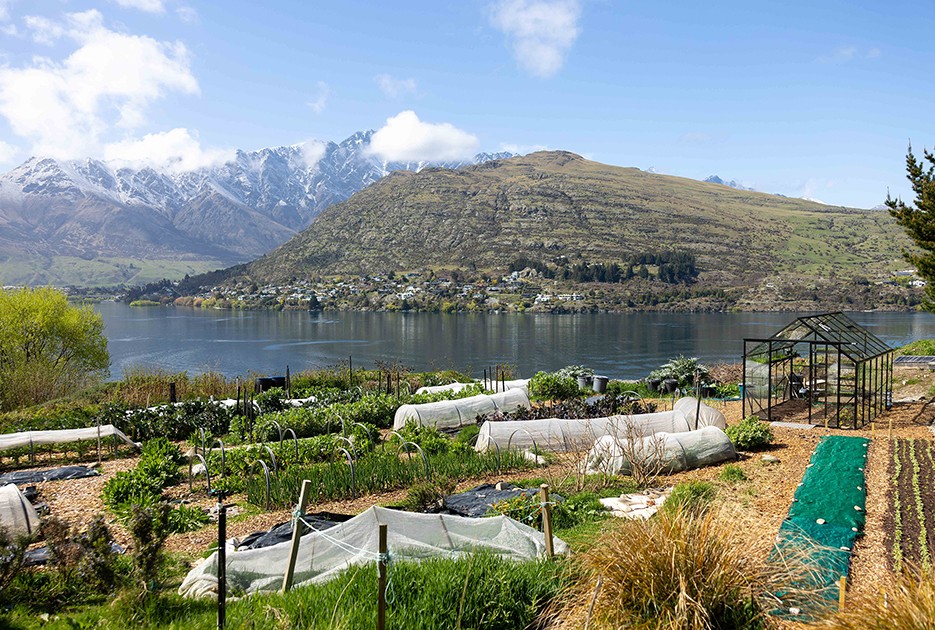
The produce the restaurant gardens grow virtually writes the menu on a daily basis for executive chef Chris Scott at Sherwood Hotel, where the planet comes first.
Long before it was in vogue, Sherwood was growing its own produce on a regenerative plot of land beside the hotel restaurant with any kitchen waste going straight back into the land via composting.
“Provenance is a real big thing, sustainability, regenerative farming, and animal welfare - they’re all big buzz words,” says Chris. “There are plenty of new corporates using this in their marketing, but if you dig deeper they’re not really walking the walk. We talk the talk and walk the walk and everyone’s catching up now.”
For years any food waste has been reintroduced back into the garden soil creating a full growth cycle at Sherwood where they grow all their own produce and sell it in the hotel restaurant. “What we’ve grown determines what our customers are eating that night. It’s a huge thing for us and not many restaurants are operating that way. It’s extremely labour intensive and very expensive but we make it work.”
Plantings are staged from the growing months of spring until April or May. “We stage it in a way that if we run out of something that’s ready, we will be growing something behind it that’s going to be ready straight away. I’m out there checking what’s ready and what needs to be replaced. It’s pretty full on.”
Sherwood has a full-time gardener, Tim Baker, who’s been using regenerative agriculture practices for some years. “It’s pretty amazing what you can do in that small space, perennials too. We grow every herb known to man, plant flowers to attract bees,” says Chris. “We sit down six months ahead and plan what needs to go in the ground.”
Climatic challenges have been ironed out and they now stick to what suits local soils. Any disasters go straight back into the compost. Smaller varieties of tomatoes grow well here, but are slow burners, coming on in late summer. Any surplus produce is picked and dehydrated, preserved, or fermented, for menus down the track. “You’ve really got to be on your game with processing. If you’ve harvested 8 kilos of parsley you need 10 different ways to use it, such as pesto, or whatever. It’s pretty challenging,” says Chris.
Rising food costs and increasing demand for this type of sustainable practice and food story from customers has the Sherwood team carving out five or six times more garden space on Mount Dewar where hotel owner Adam Smith owns land. “He’s very in tune with how to keep projects sustainable and aligned with the environment,” says Chris. “He’s planted thousands of beech and native trees.”
These new gardens should start producing by late January after several years regenerating the soil for optimum nutrients and growth. All that’s grown will be used in the Sherwood Restaurant where there’s more than enough demand. Garden produce is even used in cocktails in the bar where there’s a full range of natural wines. “It’s really resonated with local clients and international tourists who are seeking something different,” says Chris. “They want to be sustainable.”
Many businesses are following suit, he says. “You do it because you really care about the environment instead of rolling in with bulldozers and tearing up the landscape. It’s giving back and keeping the land in its natural state.”
